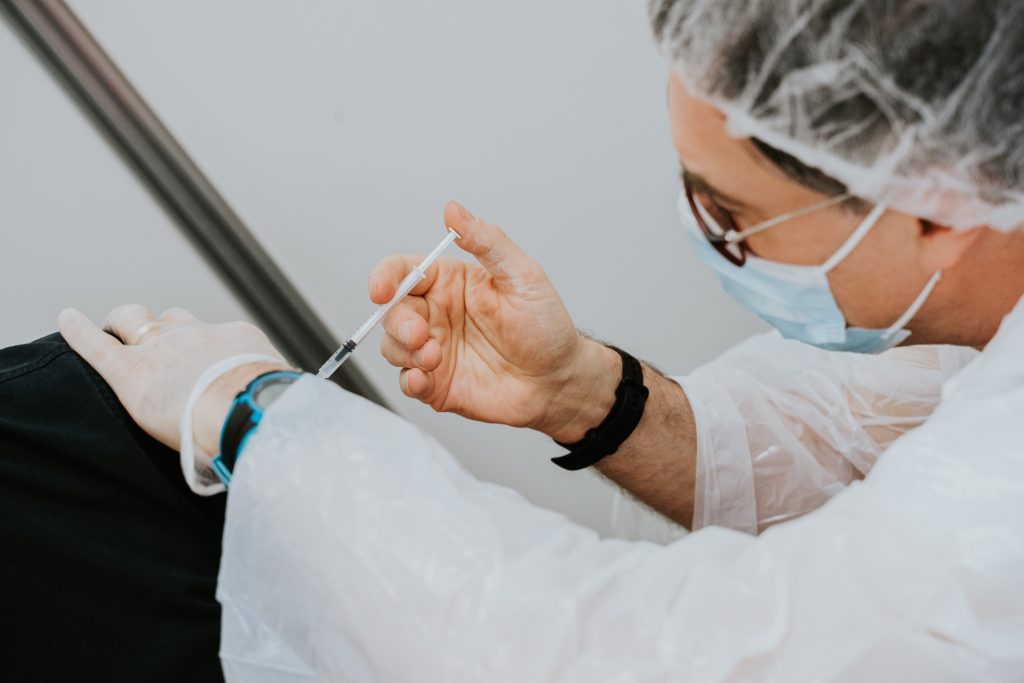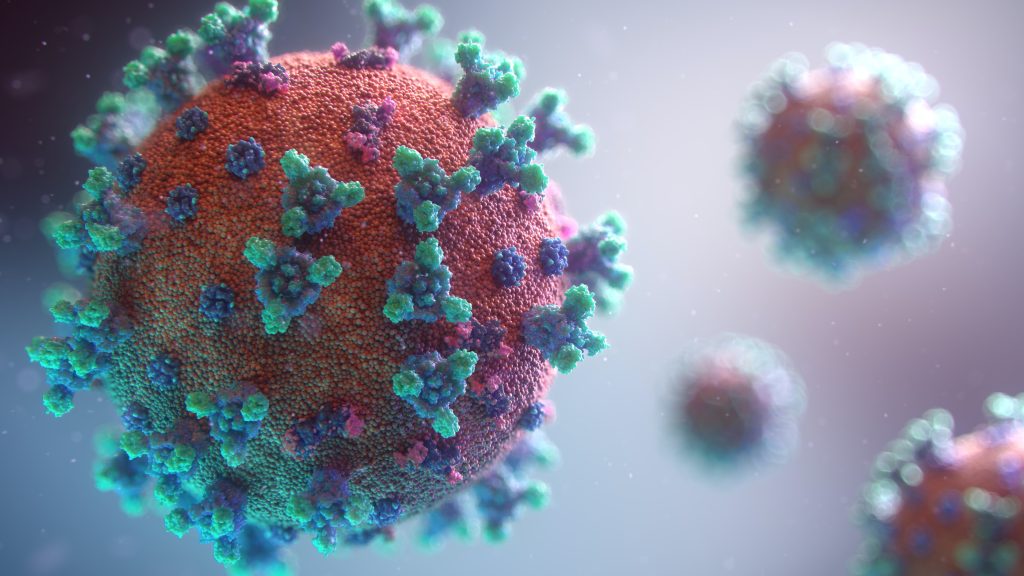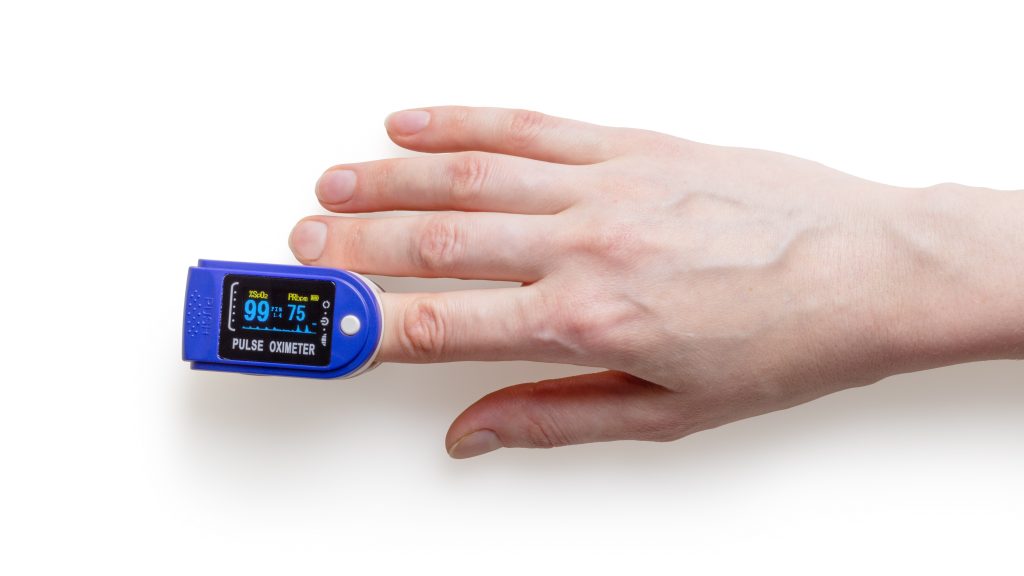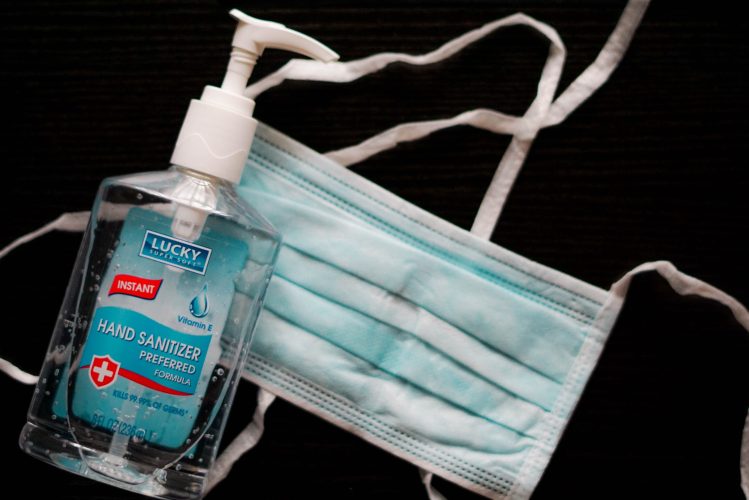The pandemic, and the current resurgence of COVID-19 cases, has brought about an increased interest in ways to boost the immune system and prevent infections. In an episode of my podcast Dr Vishakha Shivdasani (DoctorVee), a medical doctor and nutritionist stressed on exactly this.

At the outset, it’s important to state that there is no guaranteed cure for COVID-19. However, several herbs and some tips can help improve overall health and support the immune system to avoid getting COVID-19 again or experiencing its most extreme effects. Echinacea, elderberry, garlic, ginger, turmeric, and astragalus are all powerful herbs that can help boost the immune system and reduce the risk of infections. In addition to using herbs, it’s important to maintain a healthy lifestyle and practice good hygiene to avoid getting COVID-19 again. By incorporating these habits into your daily routine, you can improve your overall health and reduce the risk of infections. This is particularly important given the unexpected surge in the number of Covid-19 cases around the world — in India, according to data released by the Union Health Ministry in April 2023, as many as 5,676 fresh cases of COVID-19 were reported within 24 hours; in the UK, there were 619 deaths involving COVID-19 registered in the week ending 17 March 2023. In England alone, there were 512 deaths involving COVID-19 registered in the week ending 17 March 2023.
As the number of cases rise, so do the accompanying questions and concerns about mutations, vaccines and the potential impact on the health and wellbeing of those who had tested positive for the virus during the last waves.
Flashback or fast forward?

In light of this resurgence, Dr Samrat Shah, a consultant internist at both, Sir H N Reliance Hospital and Bhatia Hospital in Mumbai, reminds us that while the effect of the virus itself doesn’t last for more than 10-14 days in most cases, what most people are struggling with is a severe immune response of their body to the virus. This, he notes, can be prevented with the help of a healthy and mindful lifestyle, with a focus on nutrition, sleep and regular exercise.
“Remember that most people with mild to moderate cases of COVID-19 did not experience lingering after-effects; they recovered in two to three weeks. Yes, there was the fatigue that we observe with all viral fevers and this fatigue lasted a little longer in the case of COVID-19,” says Dr Shah.

In light of this resurgence, Dr Samrat Shah, a consultant internist at both, Sir H N Reliance Hospital and Bhatia Hospital in Mumbai, reminds us that while the effect of the virus itself doesn’t last for more than 10-14 days in most cases, what most people are struggling with is a severe immune response of their body to the virus. This, he notes, can be prevented with the help of a healthy and mindful lifestyle, with a focus on nutrition, sleep and regular exercise.
“Remember that most people with mild to moderate cases of COVID-19 did not experience lingering after-effects; they recovered in two to three weeks. Yes, there was the fatigue that we observe with all viral fevers and this fatigue lasted a little longer in the case of COVID-19,” says Dr Shah.
“In the more severe cases, the hypoxemia, or the dip in their oxygen levels, may have caused short-term memory loss and loss of focus and concentration. For those whose treatments involved high doses of steroids, the after-effects post withdrawal could have included fatigue and irritation. But most of these after-effects were noticed in individuals who had other comorbidities, such as diabetes or suppressed immune function – which may be the case in individuals recovering from cancer. Such individuals even recorded complaints of secondary bacterial and viral infections setting in, once they had recovered,” Dr Shah says, offering a recap of two years many of us don’t want to think of.
“We are still [as of March 2023] seeing cases of alopecia – even amongst the younger generation – especially in those who received the booster shot. We’ve also had complaints of urticaria (hives) in individuals who never had this condition before they had COVID-19. Many patients have been complaining of pigmentation around the mouth. These can be attributed to changes in their immunity, lifestyle, a lack of exercise and vitamin deficiencies. Testing and early diagnosis are essential to determine the underlying cause(s) of these symptoms and administer the appropriate treatment. In most cases, receiving the right treatment at the right time can completely reverse the condition.”
Dr Satish Bhatia, celebrity dermatologist and cutaneous surgeon


“We are still [as of March 2023] seeing cases of alopecia – even amongst the younger generation – especially in those who received the booster shot. We’ve also had complaints of urticaria (hives) in individuals who never had this condition before they had COVID-19. Many patients have been complaining of pigmentation around the mouth. These can be attributed to changes in their immunity, lifestyle, a lack of exercise and vitamin deficiencies. Testing and early diagnosis are essential to determine the underlying cause(s) of these symptoms and administer the appropriate treatment. In most cases, receiving the right treatment at the right time can completely reverse the condition.”
Dr Satish Bhatia, celebrity dermatologist and cutaneous surgeon
Early detection and timely diagnoses are crucial for those experiencing lingering effects, which may include hair fall and hyperpigmentation, says Dr Satish Bhatia, celebrity dermatologist and cutaneous surgeon. “We are still seeing cases of alopecia – even amongst the younger generation – especially in those who received the booster shot. We’ve also had complaints of urticaria (hives) in individuals who never had this condition before they had COVID-19. Many patients have been complaining of pigmentation around the mouth. These can be attributed to changes in their immunity, lifestyle, a lack of exercise and vitamin deficiencies. Testing and early diagnosis are essential to determine the underlying cause of these symptoms and administer the appropriate treatment. For instance, in the case of alopecia, a simple blood test can measure your iron or keratin levels, while a hormonal study can help diagnose any imbalances. In most cases, receiving the right treatment at the right time can completely reverse the condition,” Dr Bhatia says.
An immunity-first approach
“Seventy per cent of [the secret to strength of] our immune system is in our gut. This makes it important to consume an adequate amount of probiotics including yoghurt, sauerkraut, miso and pickle, as well as prebiotics and fibre in the form of green leafy vegetables. These vegetables are also very high in magnesium. Certain supplements such as zinc can strengthen your gut barrier.”
Dr Vishakha Shivdasani, medical doctor and nutritionist


“Seventy per cent of [the secret to strength of] our immune system is in our gut. This makes it important to consume an adequate amount of probiotics including yoghurt, sauerkraut, miso and pickle, as well as prebiotics and fibre in the form of green leafy vegetables. These vegetables are also very high in magnesium. Certain supplements such as zinc can strengthen your gut barrier.”
Dr Vishakha Shivdasani, medical doctor and nutritionist
- Avoid sugar: Identifying sugar as highly inflammatory food, DoctorVee points out that what makes sugar so dangerous is also how addictive it is (it releases opioids and dopamine, activating the rewards centre of the brain – some experts even believe sugar is more addictive than cocaine)
- Cleanse your diet of all processed foods
- Begin your day with protein: She points to studies that indicate that increasing the protein content of your diet, getting enough sleep and consuming micronutrients such as zinc may even enhance the efficacy of the COVID-19 vaccine.
- Begin your day with protein and with good fats: Eggs with the yolk or an avocado can fit the bill, DoctorVee says
- Trust your gut: “Seventy per cent of [the secret to strength of] our immune system is in our gut. This makes it important to consume an adequate amount of probiotics including yoghurt, sauerkraut, miso and pickle, as well as prebiotics and fibre in the form of green leafy vegetables. These vegetables are also very high in magnesium. Certain supplements such as zinc can strengthen your gut barrier. Keep an eye on your bowel movements and report any discrepancies in your patterns to your doctor – that’s your body telling you that there is something amiss,” she cautions.
The results of these lifestyle tweaks are quick, DoctorVee says.
Exercise heals


She also stresses on the need for regular exercise during the post recovery period. “The six-minute walk test is an important parameter. Once you find that your oxygen saturation levels are not dropping at six minutes, you can add some yoga to your routine. Yoga works in several ways: including improving balance, endurance, and giving you the benefits of a little cardio and muscle building. Once you have completely recovered, based on whether you are symptomatic or not, you can speak to your doctor about what you should do. I typically recommend starting with just a 20-minute walk and listening to your body before you progress any further,” she elaborates. In addition to exercising your body, she also emphasises the need to do some breathing exercises to improve lung capacity. “Blow into a balloon or into a glass with a little water, using a straw,” DoctorVee suggests.
Breathing exercises work in other ways, not just by strengthening the lungs, but also by reducing stress, which causes the body to be in a constant state of inflammation. “Breathing correctly helps your body to move away from this state of stress. All it takes is about ten minutes a day in the morning and in the evening. Focus on how you breathe – breathe through your nose and not your mouth. Most people are inadvertently mouth breathers – they breathe with their mouths open when they sleep and when they’re awake. Change this by consciously breathing through your nose. Breathe slowly to bring your body back to a state of rest from a state of stress,” she concludes.
See also: Suprieya Kutty on combined power of chanting, breathwork, and asanas
These are some of the natural remedies that help to develop a strong immune system. It goes without saying these must be complemented with sufficient sleep, a diet rich in fruits, vegetables and whole grains (not just protein) and good hygiene – wash your hands frequently, wear a mask in public spaces and so on. Remember, if you’re showing signs of COVID-19, it’s essential to isolate yourself and get tested to prevent the spread of the virus.

